SUMMARY
This is AI generated summarization, which may have errors. For context, always refer to the full article.
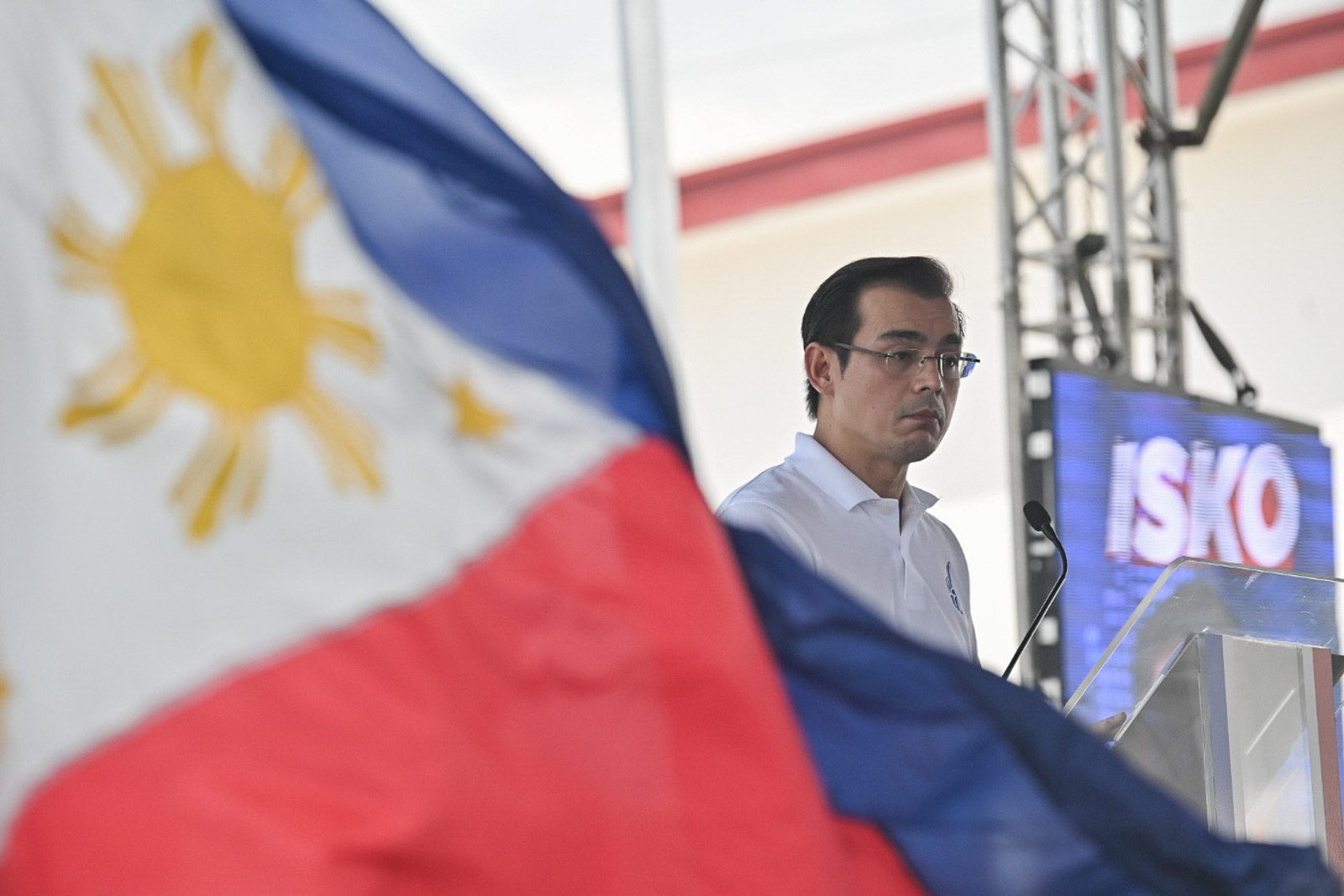
MANILA, Philippines – If he were to become Philippine president, Manila Mayor and presidential aspirant Isko Moreno will pick a Navy admiral to lead the Department of National Defense (DND).
Moreno mentioned this plan during his interview with entertainment host Boy Abunda aired on Thursday, January 27. He was asked if he believed the Philippines was capable of waging a defensive war against China to protect its maritime rights.
The 47-year-old Aksyon Demokratiko standard-bearer said that the Philippines still lacked military capability against the might of China. He said there was a need to improve the country’s maritime defense strategy, hence the need to put a former Navy officer in charge.
“That’s why I will appoint [in] national defense, for the first time in history, if I’m not mistaken, ang chief ko ay Navy (my chief will be from the Navy). Why? Because we are an archipelagic country,” said Moreno.
He confirmed to Rappler later on that he meant DND chief, not chief of the Armed Forces. The DND has supervision over the military. But as a civilian agency, the DND must be led by a civilian, not an active-duty soldier. Retired soldiers have often been picked by presidents to lead the defense department. The current defense secretary, Delfin Lorenzana, is a retired army general.
A former Navy commander would have expertise on maritime security since it is the Philippine Navy that ensures the protection of the country’s maritime areas from encroachment and intrusions.
“But he would be handicapped about land operations and the bulk of our troops are still Army, and our main effort is internal security,” Lorenzana told Rappler, when asked to weigh in on Moreno’s idea.
Partner with military powers
Moreno said he was particularly concerned about smuggling in Mindanao and activities of Chinese vessels in the West Philippine Sea.
To make up for the Philippines’ relative lack of military might, the presidential aspirant said he would bank on the country’s ties with countries that have the military power to challenge China.
“Other countries, strong nations militarily, we have partnerships, we have a relationship with them, we have agreements with them. They should come and help us. This is high time for [them] to show proof of their word and relationship towards us,” said Moreno.
He previously said his government would be “fearless” in asserting the Hague ruling, the 2016 legal decision by an international court that invalidated China’s claim on the West Philippine Sea. The decision has been supported by powers like the United States, the European Union, Japan, and Australia.
In a September interview with Rappler, Moreno said he would use the Philippines’ military alliance with the US to beef up the capabilities of the Navy and the Coast Guard.
He later said his West Philippine Sea approach would be similar to that of Indonesian President Joko Widodo, who had been lauded for standing up to China’s incursions in the Natuna Sea while preserving economic ties with the Asian giant.
Moreno also still wants to keep China as an economic partner. He is also open to a joint exploration in the West Philippine Sea with China, as long as China recognizes that the area belongs to the Philippines. – Rappler.com
Add a comment
How does this make you feel?
![[Newspoint] Improbable vote](https://www.rappler.com/tachyon/2023/03/Newspoint-improbable-vote-March-24-2023.jpg?resize=257%2C257&crop=339px%2C0px%2C720px%2C720px)
![[Newspoint] 19 million reasons](https://www.rappler.com/tachyon/2022/12/Newspoint-19-million-reasons-December-31-2022.jpg?resize=257%2C257&crop=181px%2C0px%2C900px%2C900px)
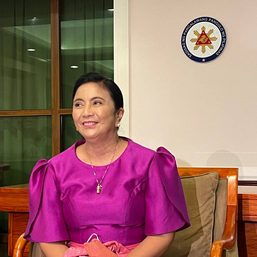




![[New School] Tama na kayo](https://www.rappler.com/tachyon/2024/02/new-school-tama-na-kayo-feb-6-2024.jpg?resize=257%2C257&crop=290px%2C0px%2C720px%2C720px)
![[Only IN Hollywood] After a thousand cuts, and so it begins for Ramona Diaz and Maria Ressa](https://www.rappler.com/tachyon/2024/02/Leni-18.jpg?resize=257%2C257&crop=262px%2C0px%2C720px%2C720px)

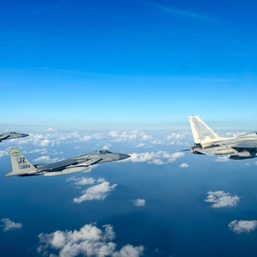
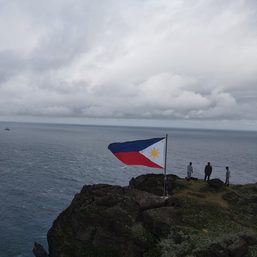
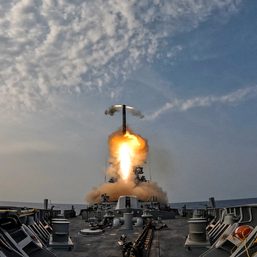
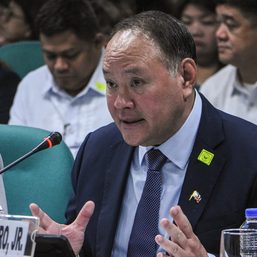
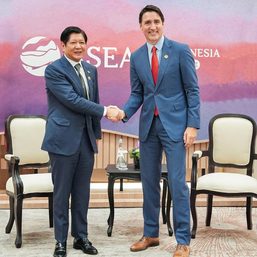
There are no comments yet. Add your comment to start the conversation.